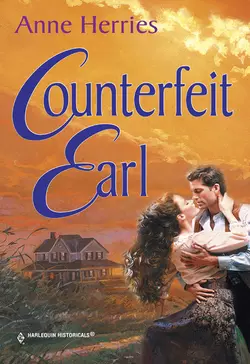Counterfeit Earl

Anne Herries
Тип: электронная книга
Жанр: Современная зарубежная литература
Язык: на английском языке
Стоимость: 152.29 ₽
Статус: В продаже
Издательство: HarperCollins
Дата публикации: 16.04.2024
Отзывы: Пока нет Добавить отзыв
О книге: A young woman disappears. A husband is suspected of murder. Stirring times for all the neighborhood.Olivia Roade Burton has lived in obscurity in Steepwood since she brought disgrace on herself by jilting a man of high degree. Now she′s grown restless and yearns for excitement. But will any man risk proposing to her? Scarred and disillusioned after his experiences in the Peninsular War, Captain Jack Denning believed he was too tainted to marry a decent girl. Caught in an innocent but compromising situation with Olivia, he′s forced into an offer of marriage–one that Olivia accepts with no hesitation. Can she find true love and ease the secret sorrow that haunts Jack′s eyes…?Regency DramaIntrigue, mischief…and marriageThe Steepwood Scandal